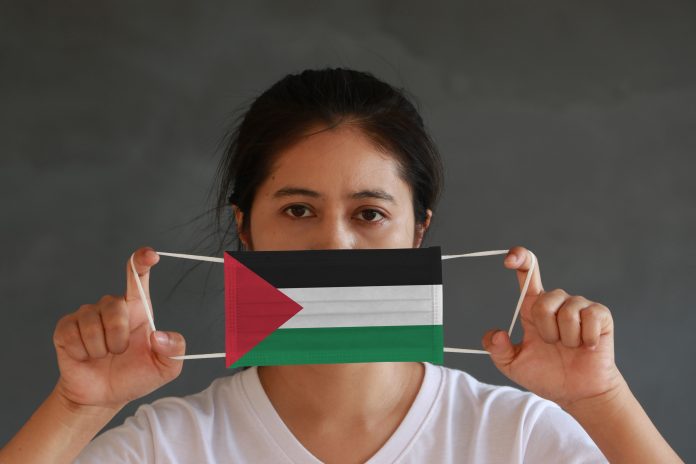Israel has agreed to give the first 5,000 vaccine doses to Palestinian medical workers – but only if they live in annexed east Jerusalem, while the West Bank and Gaza remain without vaccines
This new shipment of 5,000 vaccines comes after Israel have become a vaccination trailblazer. The Israeli health provider, Maccabi, found that only 20 out of 128,600 who received both doses have then been infected.
The good news is that Pfizer’s vaccine appears to hold up as strong as it did in Phase Three trials.
Pfizer and BioNTech have a contract with the State, in which the drugmaker provides a constant supply of vaccine in exchange for transparent data on the vaccine’s real-world impact.
This does not include Palestinians, from the east Jerusalem population to the West Bank dwelling communities and those under Hamas rule in Gaza. None of these people are outlined in the redacted contract, which is available to read here.
Over 4.5 million people do not have access to the vaccine
There have been almost 160,000 cases in the West Bank and Gaza, with 1,833 deaths, according to research from Johns Hopkins University.
Sending 5,000 vaccines is a hesitant start to inoculating millions. Pressure on the global stage and from the World Health Organisation could result in more vaccines being set aside, but currently, this outcome seems to be a precarious one.
“Nothing can justify today’s reality in parts of the West Bank, where people on one side of the street are receiving vaccines, while those on the other do not, based on whether they’re Jewish or Palestinian,” said Omar Shakir, Israel and Palestine director at Human Rights Watch.
“Everyone in the same territory should have equitable access to the vaccine, regardless of their ethnicity.”
What about humanitarian intervention?
The WHO programme intended to fill such crucial humanitarian gaps with access to vaccines has been slow to begin. COVAX is meant to deliver “global equitable access,” with 2 billion doses planned for 2021 rollout.
“Until the pharmaceutical companies and the wealthier countries fully resource COVAX, which is the mechanism that we have set up to distribute the vaccines to the poorer countries, those countries are going to be left behind,” Rick Brennan, emergency director for the WHO’s Eastern Mediterranean region, commented.
“The availability and the finances aren’t at the level yet that they need to be. We’re well short.”
While international humanitarian law via the Geneva Convention suggesting that Israel is responsible for vaccinating any population it is actively controlling, authorities in the country claim otherwise.
Israel’s Health Minister uses the Oslo Accords as a rationale for Palestinian vaccine stasis, explaining to Sky News that “I don’t think that there’s anyone in this country, whatever his or her views might be, that can imagine that I would be taking a vaccine from the Israeli citizen, and, with all the good will, give it to our neighbors.”
Omar Shakir further commented: “The virus does not discriminate in who it infects, but the government of Israel discriminates in who it chooses to inoculate against it.”











